The bathroom is an essential part of a house. Bathroom lights are beneficial and serve a unique purpose in the bathroom. The importance of bathroom lights can never be overemphasized. The process of choosing to light for a bathroom design can be overwhelming. The vanity, tub area, and shower do not require the same lighting choices; nevertheless, the bathrooms’ overall design still needs to be unique and united.
Bathroom lights share the same circuit as the hallway lights and outlets. Moreover, getting your lighting right is a pivotal part of remodeling a bathroom. The success recorded in the perfect glow can transform your space from dark to delightful in an easy flick of a switch.
However, the question is, do bathroom lights need to be GFCI protected?
Bathroom lights need to be GFCI (Ground Fault Circuit Interrupter) protected to ensure the house wires and receptacles are guarded against possible electrocution. Also, bathroom lights should have GFCI protection because of their immense role in light regulations and the individual’s safety from potential harm.
However, when choosing a bathroom light, there exist three basic things one needs to know. They are: which safety rules you need to follow or adapt, how will you use the bathroom lighting, and finally, what style of lighting you will need. The most paramount factor to consider when making your bathroom light choice is whether they are safe to use. Most
As reiterated, the bathroom is an integral part of a house. Bathroom lights are essential. Its merits can never be overstressed. It is definitely not compulsory that bathroom lights need to be GFCI protected, but only if a light is located over the footprint of the tub or shower is it required to be GFCI protected.
Table of Contents
Bathroom Lights: An Overview
Bathroom lights are very useful because the lights illuminate the beauty of the bathroom. The absence of a bathroom light renders the bathroom dark and unattractive. The lack of a bathroom light in a bathroom is primitive and is not recommendable in this modern time. It becomes more tedious and complicated when one desires to take a shower at night.
The choice of a bulb and proper wiring with a Ground Fault Circuit Interrupter (GFCI) is essential for befitting bathroom lights. It is advisable to choose bulbs that emit rays that are as close to white as possible.
The bulbs chosen must be of a high CRI (around 90-100) for the most accurate colors. Great care must be considered when selecting bathroom lights as all bathroom lighting must conform to the current regulation designed with safety in mind. It is advisable to go for lights with dimmers so that you can easily adjust the brightness in the bathroom according to mood and use. The bathroom is one of the few rooms in the home that requires high quality, well-designed lighting.
Importance Of Lights In The Bathroom
The fact is that the importance of bathroom lighting can never be overemphasized. Given the service that the bathroom renders, it is imperative we really begin to put in more time and thought on how we light the space up.
Undoubtedly, the bathroom is usually where we go at the start of the day and the last one before going to bed. It makes it ready and comfortable for us, especially at night. Owing to the numerous daily routines in the bathroom, including washing, shaving, grooming, and putting on makeup, bathroom light will guarantee its accuracy and effectiveness. Without bathroom lights, one might miss a spot when shaving or applying make-up.
A bathroom can easily be the most dangerous place in the house if the lights are not in place. To start with, bathrooms are often damp and wet, and slippery, making them easy to slip and fall. Furthermore, bathrooms are usually dingy, closed spaces with little or no windows. In the absence of lighting, it can be onerous to see where you are going or what you are stepping on, or where you are keeping on something. Always ensure that there is light in your bathroom.
What Are GFCI and its Purpose in the Bathroom?
Ground fault Circuit Interrupter (GFCI) is a device that speedily breaks an electrical circuit to prevent serious harm from an ongoing electric shock. These electrical wiring devices are meant to quickly and automatically disconnect a circuit when it detects that the electric current is not balanced between the circuit’s supplies and return conductors. Its main purpose in the bathroom is to avert possible electrocution.
Do Bathroom Lights Need to be GFCI Protected?
Bathroom lights render essential services to the consumer; therefore, they should have GFCI (Ground Fault Circuit Interrupter) installed. This does not mean that it is compulsory to have bathroom light GFCI protected. However, within a shower or tub’s footprint, the lights may require GFCI protection, depending on the manufacturer’s recommendations.
Moreover, if the light is located over the tub’s footprint in the shower, it is advisable to be GFCI protected. The GFCI protects against possible harm or electrocution. GFCI helps in the regulation of the lights to avoid overheating.
Electrical Codes For Bathroom Lights
The fact is that electrical codes for bathroom lights are stipulated by your local building code, which is usually based on a national code known as the National Electrical Code (NEC). The National Electrical Code is a model code published by the National Fire Protection Association for safety purposes. The majority of the states use the NEC articles to create their official electrical codes.
Like any other room in the home, a bathroom requires service from at least one branch circuit powered by lighting and other fixtures. For a bathroom, this branch circuit must power at least one ceiling light fixture controlled by a wall switch. The code also allows this branch circuit to power an exhaust fan in the bathroom.
Furthermore, bathroom lights require service from at least one additional 20-amp circuit that powers receptacle outlets. There are known exceptions to this “minimum of two circuit” if a 20 amp circuit power only a single bathroom and no other rooms in the house, then both the outlets and the lighting fixtures can be powered by the one circuit alone.
If the bathroom lights are powered by a circuit that also feeds outlets in another room, the code requires that this circuit be AFCI protected.
Conclusion
There is no house without a bathroom. This is as a result of the indispensable role that the bathroom play in the house. Bathroom lights are unavoidable due to the bathroom’s daily routines, including washing, shaving, grooming, and putting on makeup; therefore, bathroom lights will guarantee its accuracy and effectiveness.
Also, bathroom lights should be GFCI protected because it reduces the risk of electrocution by stopping the electric current flow if there is an electrical fault. It is equally imperative to observe the electrical codes for bathroom lights which varies from state to state.


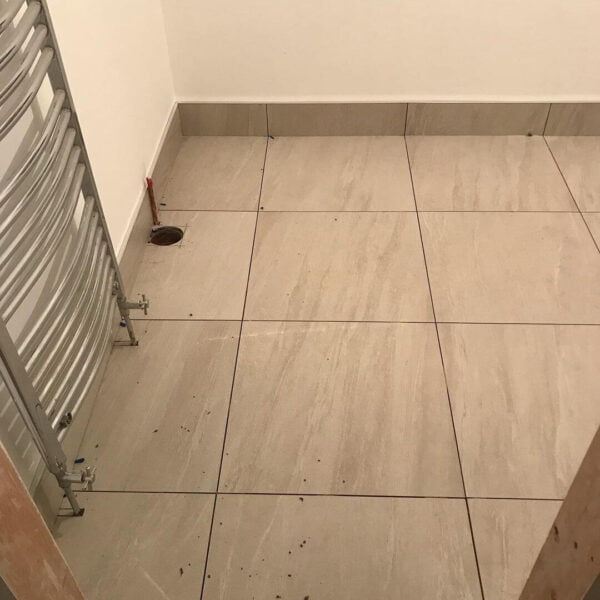
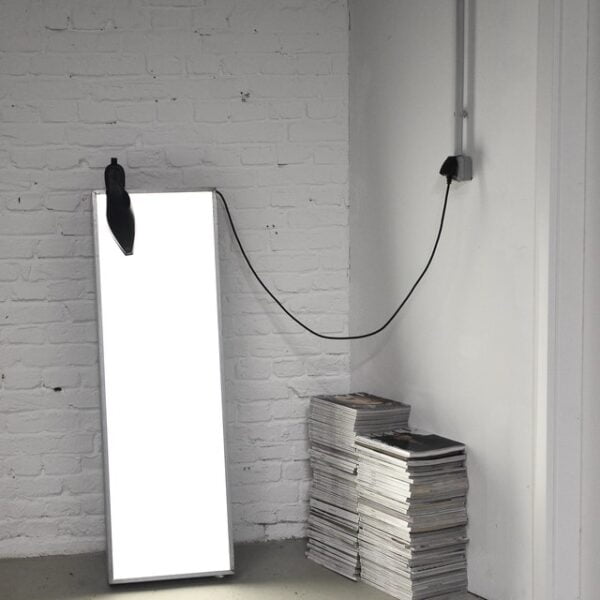
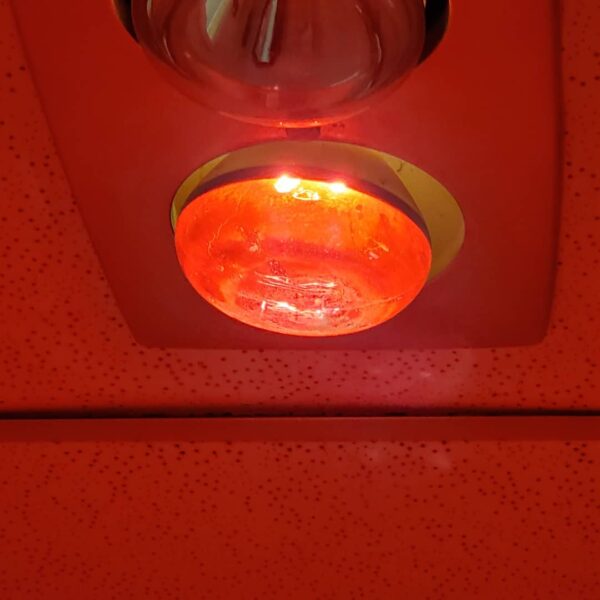
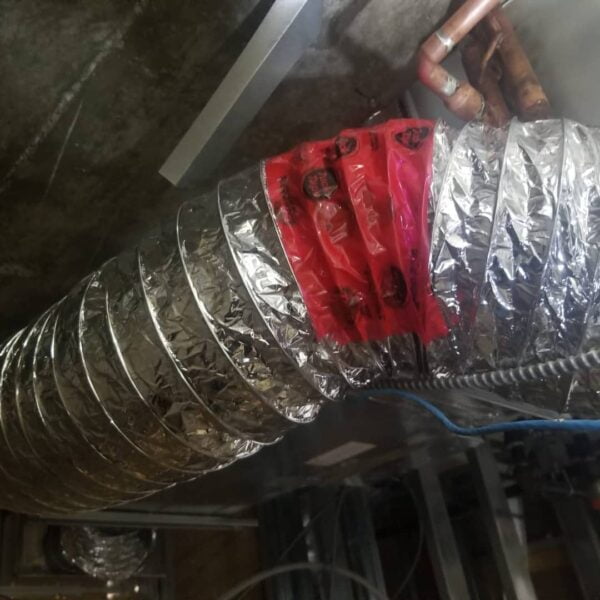
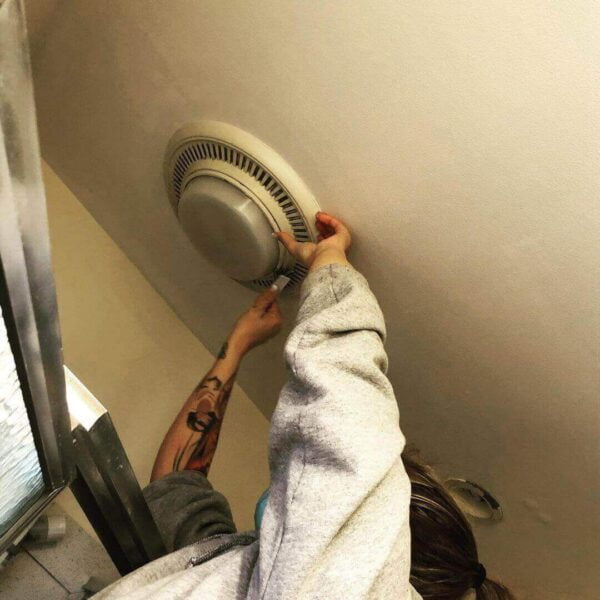
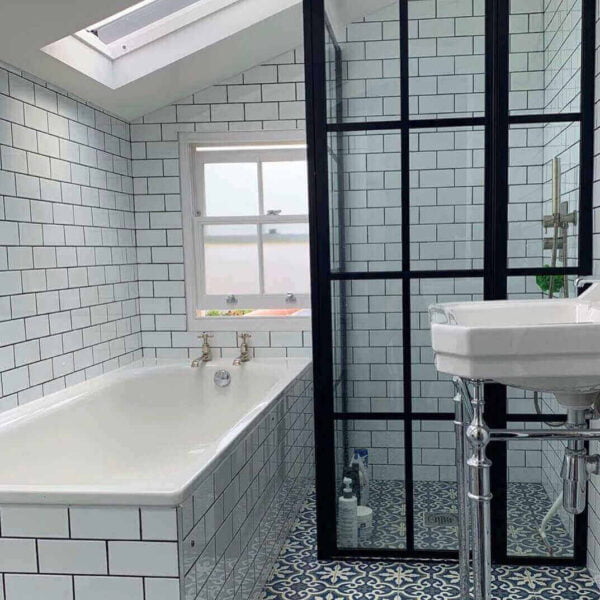


Leave a Comment